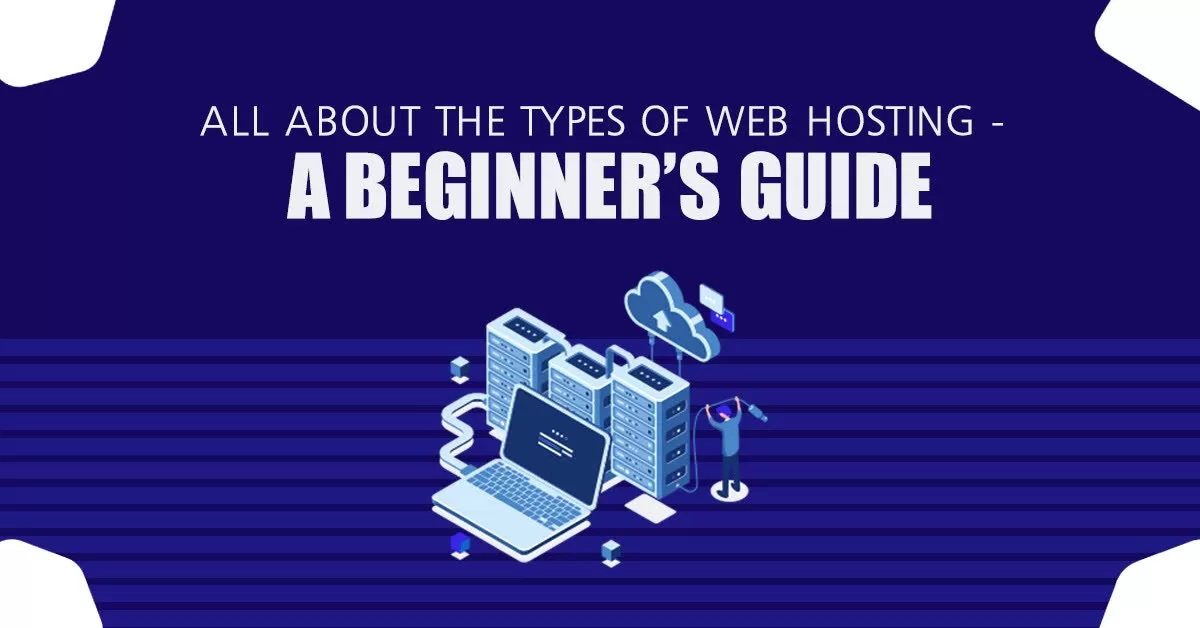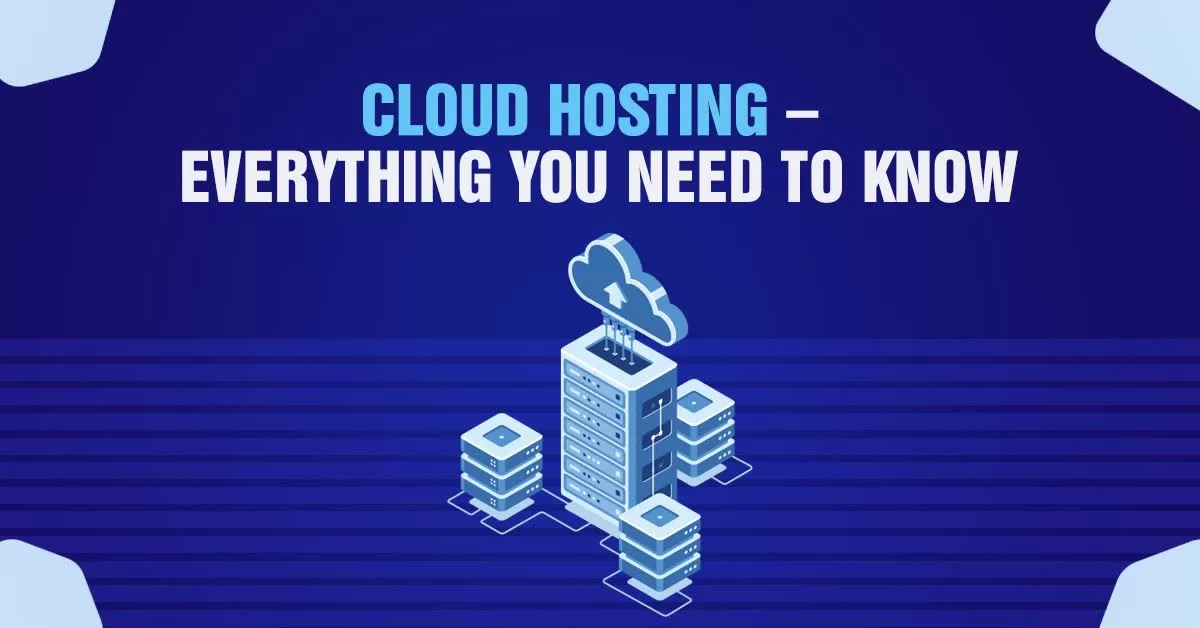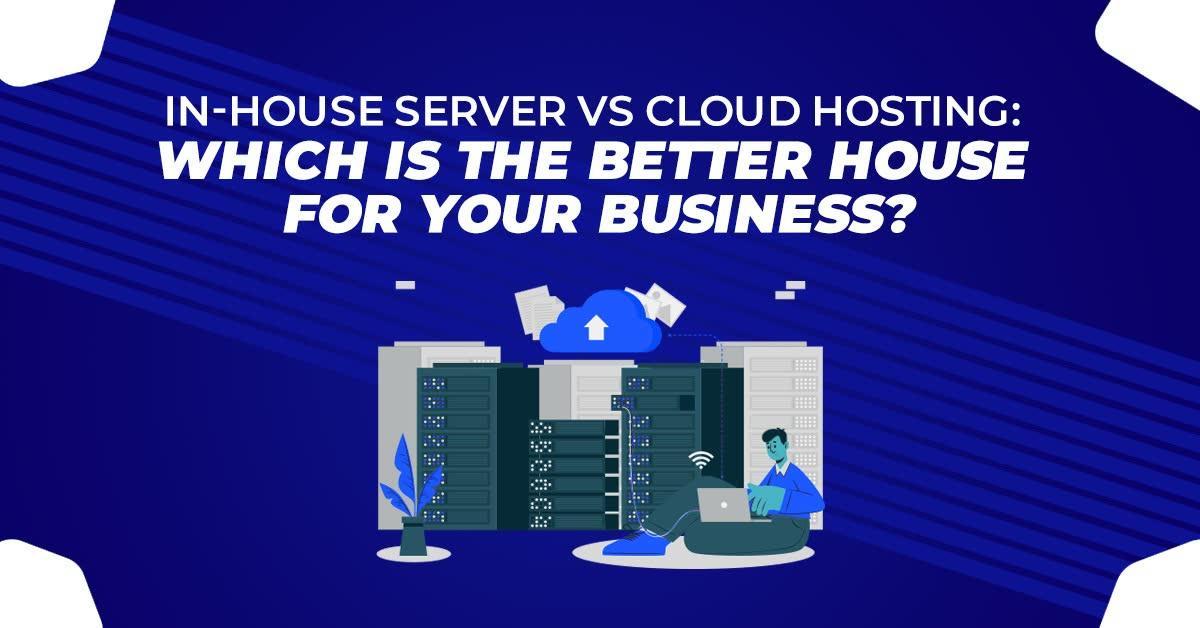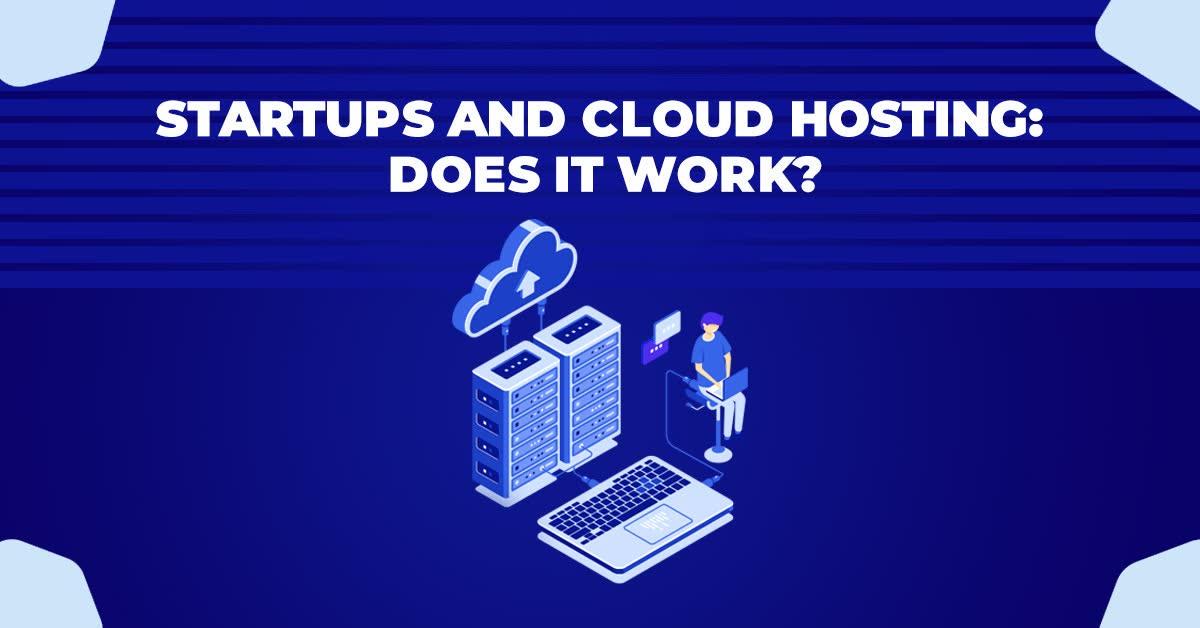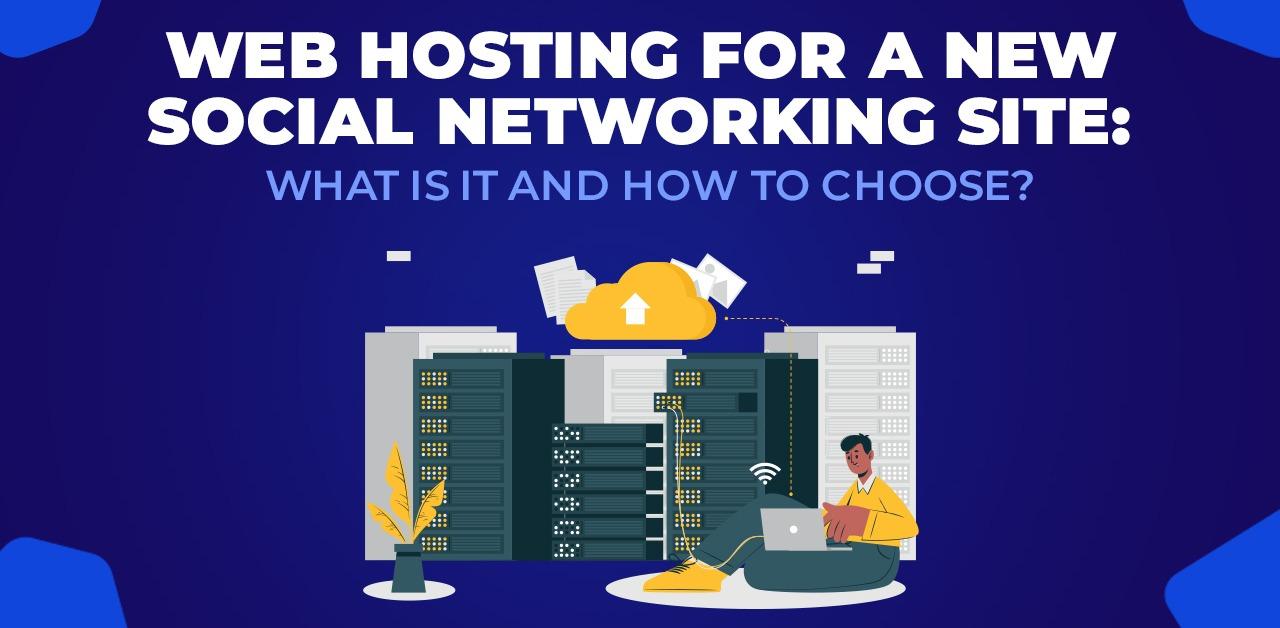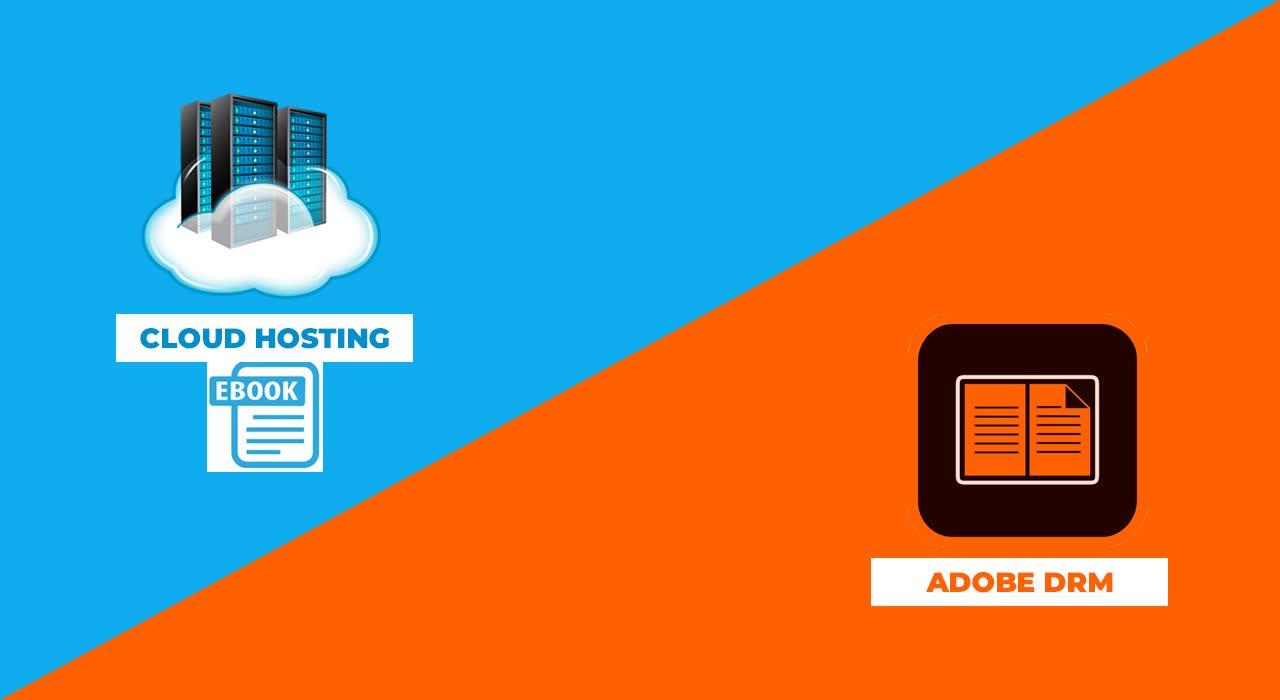Cloud Hosting vs Traditional Hosting Which Is Better?
For companies looking to build a solid online presence in the current digital world, selecting the best hosting service is essential. Cloud hosting and conventional hosting are two common choices that frequently come up in this conversation. Both offer advantages, but it’s crucial to recognize how they differ from one another and decide which meets certain company requirements the best. In order to assist readers make an educated choice, this article compares cloud hosting in-depth to traditional hosting.
Understanding Cloud Hosting
A network of virtual servers is used by cloud hosting, a contemporary hosting option, to store and distribute websites and applications. It has a number of benefits over conventional hosting strategies. First off, cloud hosting offers unmatched flexibility and scalability. Businesses may effortlessly scale their resources up or down in response to demand with cloud hosting, assuring maximum performance during traffic peaks or seasonal swings.
Second, cloud hosting offers major financial benefits. Cloud hosting operates on a pay-as-you-go premise, unlike traditional hosting, which sometimes necessitates substantial upfront expenditures in hardware and infrastructure. Businesses pay for the resources they use, which lowers wasteful expenses and enables better financial management.
One benefit of cloud hosting is its dependability and uptime. The likelihood of downtime because of hardware or server problems is reduced by the dispersed nature of cloud infrastructure. Furthermore, cloud hosting companies frequently give strong backup and disaster recovery solutions, assuring data security and ongoing operations.
Cloud hosting does, however, have some potential disadvantages. The dependence on internet access is one issue. Because cloud hosting depends on internet connectivity, any outages or network problems may reduce the availability of websites. Consider alternate hosting options if your company operates in a region with spotty or restricted internet access.
Security is yet another thing to think about. Even while cloud hosting providers use strong security measures, companies still need to take the right safeguards to safeguard their data. Access restrictions and suitable encryption should be used to protect sensitive data stored in the cloud to prevent unauthorized access.
Exploring Traditional Hosting
Traditional hosting, commonly referred to as dedicated or on-premises hosting, entails companies owning and maintaining their infrastructure and actual servers. Traditional hosting still offers advantages even if, in comparison to cloud hosting, it could appear archaic.
The total control it provides over infrastructure is one of the main advantages of conventional hosting. Because they have direct access to their servers, businesses may alter the hardware setups and software environments to suit their unique needs. Particularly for organizations with strict compliance or regulatory duties, this degree of control might be crucial.
Traditional hosting also has the advantages of familiarity and simplicity. Numerous companies are accustomed to the conventional hosting model and have the know-how to operate and maintain their infrastructure. The learning curve involved with adopting cloud hosting may be lessened by this familiarity.
Another distinguishing feature of conventional hosting is increased security measures. Businesses with total control over the infrastructure can put strong security policies suited to their own requirements into place. For businesses managing sensitive data, like healthcare or banking, this level of control may be useful.
Traditional hosting does have certain drawbacks, though. Scalability is a big issue since companies need to spend money on more gear and infrastructure to handle expansion. Scaling up may be a time-consuming, expensive procedure that frequently calls for professional technical expertise.
Another disadvantage of conventional hosting is the higher expenses and maintenance requirements. Businesses are responsible for the initial costs of buying and maintaining servers, as well as any related expenditures like energy, cooling, and physical protection. Businesses must also regularly upgrade their gear and ensure optimal performance, both of which can be resource-intensive.
Traditional hosting could furthermore have a single point of failure. The entire website or application may be impacted if the dedicated server has troubles or goes down. To reduce this risk, redundancy mechanisms like backup servers or failover systems must be put in place, which increases complexity and expense.
Key Factors for Comparison
A few important considerations should be taken into account when contrasting cloud hosting with conventional hosting:
- Performance and scalability: Examining how each hosting choice responds to spikes in traffic and expands with the needs of the company.
- Cost and financial factors: Examining up-front costs, continuing costs, and the potential for resource utilization optimization.
- Uptime and dependability: Analysing each hosting option’s history of availability and minimizing downtime.
- Security and compliance: Understanding the security precautions taken by competing hosting alternatives as well as their compliance with certain industry requirements.
- Management and control: Considering the degree of control and simplicity of management that each hosting package offers.
Choosing The Right Hosting Solution
Businesses should assess their unique demands and requirements before choosing the best hosting service. It’s critical to evaluate aspects including website traffic patterns, projected growth, financial limitations, and security issues.
Cloud hosting could be the best option for companies who want to maximize cost efficiency, expect considerable growth, and need great scalability. It is appropriate for start-ups, e-commerce websites, and companies with unexpected traffic patterns since it offers flexibility, scalability, and lower upfront expenses.
Traditional hosting, on the other hand, is a good choice for companies that need total control over their infrastructure, have unique security requirements, or work in sectors with strict compliance standards. It is best suited for companies with consistent growth, regular traffic patterns, and the resources to make hardware and infrastructure investments.
Real-World Examples
Real-world examples may be used to provide light on the practical uses of both cloud hosting and conventional hosting. Case studies of companies using cloud hosting can highlight how they benefited from scalability and cost-effectiveness to meet their goals.
Case studies of companies that have opted for conventional hosting may also provide insight into the advantages of control, security, and compliance. Businesses may learn how different hosting alternatives fit with their objectives and needs by analyzing these experiences and results.
Conclusion
The success of an online business depends on selecting the best web hosting and domain name services. While traditional hosting gives control, comfort, and better security, cloud hosting offers scalability, affordability, and dependability. Make an informed choice by taking into account your specific company demands as well as aspects like performance, scalability, pricing, security, and control. In the end, choosing the best hosting and domain name services provides the best performance and expansion of websites.




































